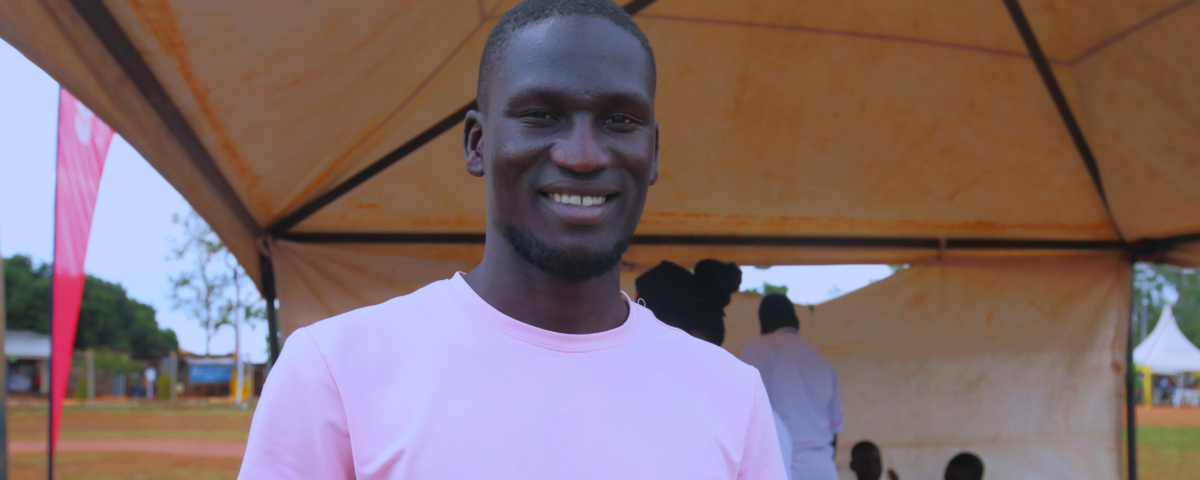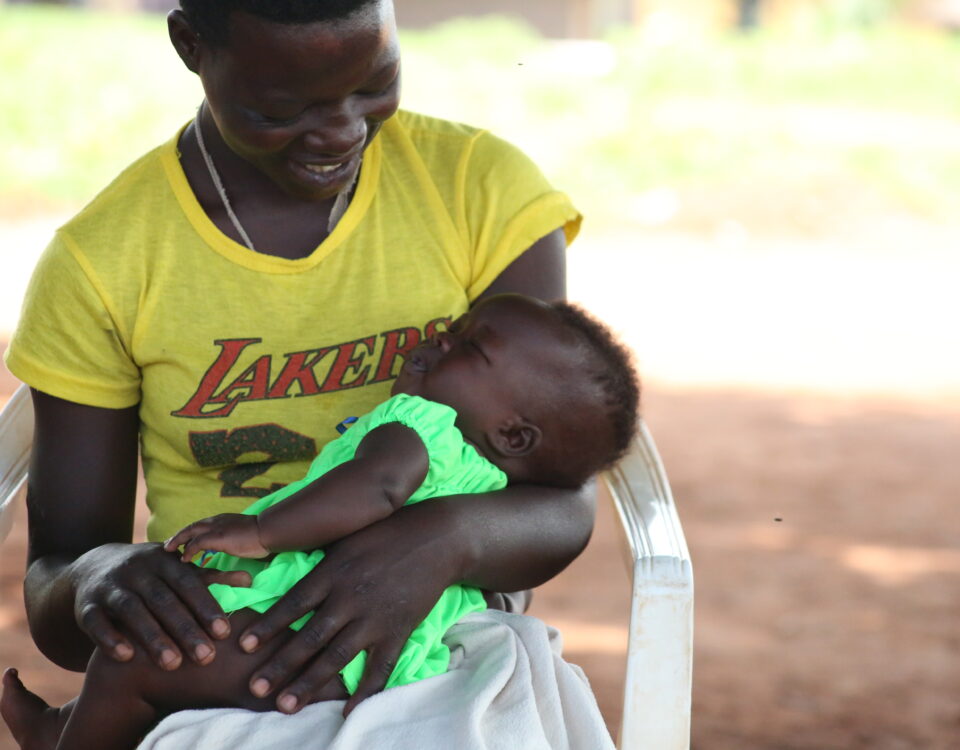My name is Omara Nixon. I am an agriculture student at Gulu University. Today, I stand not just as a survivor but as a living testimony to the power of hope, resilience, and compassionate care. But not too long ago, I was fighting for my life.
It all began with what seemed like a routine illness—a severe case of malaria that I contracted from my hostel at the university. It was more than just a fever; it was a silent storm that would soon spiral into something far more dangerous. I delayed seeking medical help, and by the time my friends took me to the university health unit, it was too late, and they were closing. I was getting weaker by the day.
From there, I was taken to a private clinic in Walbong (a trading centre around Gulu University. I stayed there for over four days, but my condition only worsened. I was losing weight rapidly, growing weaker, and hope was slipping through my fingers. A friend suggested we try St. Maurice Hospital, and by the time I arrived, I was in critical condition.
Despite the effort, even the staff at St. Maurice couldn’t identify what was wrong. They referred me to Gulu Referral Hospital, where an emergency doctor noticed my yellowing eyes—a tell-tale sign of kidney trouble. Tests followed—Hepatitis B, HIV, sickle cell—all negative. It wasn’t until we visited polylaboratories that the truth was revealed: my creatinine levels were dangerously high, a clear indicator of kidney failure.
The hospital contacted Dr. Dan Oriba Langoya, a renowned kidney specialist from St Mary’s Lacor. I was rushed there and admitted immediately. That’s when the real battle began.
I spent over one month and two weeks in the emergency ward, going through a gruelling series of haemodialysis treatments. Sometimes the treatment worked, and sometimes it didn’t. There was even disagreement among the doctors—one claimed it was chronic kidney failure, but Dr. Oriba insisted it was acute, and he was determined to save me.
Thankfully, he was right.
Under his care, I began to recover quickly. At one point, there were plans to transfer me to Lira, but my parents resisted— “Why take him to Lira when people from Lira and even Kampala come to Gulu for treatment?” they asked. Gulu was where I belonged and where I would be healed.
Eventually, the tests showed that my left kidney was leaking protein into my urine due to nephron damage. I had lost so much weight—dropping from 62kg to 42kg—and my body reeked of urea. But with time, dialysis, and determination, my strength returned.
The turning point came just three days after beginning proper treatment. I felt different—I had an appetite again, I felt stronger, and everyone who saw me noticed the change. That gave me the morale to keep fighting.
Today, I still follow the dietary restrictions given to me—no excessive meat, oil, or foods high in potassium and sodium. I am committed to this second chance at life. I don’t drink alcohol, I sleep under a mosquito net every night, and I no longer take my health for granted.
To Dr. Oriba, the Lacor Hospital staff, family, and friends who stood by me—I am eternally grateful. Dr. Oriba was more than a doctor; he was a guardian angel who would visit me even late into the night, always checking on me first before anything else. That kind of dedication saved my life.
Lacor Hospital is more than a medical facility—it is a sanctuary of hope, founded on a vision that life is beyond money. To anyone who doubts the impact of malaria or ignores early symptoms—please learn from me. Malaria almost took my life, but thanks to timely intervention and relentless care, I survived.
I now walk forward with a new perspective, committed to living well and spreading awareness. I never thought I’d survive—but I did. And now, I live each day with gratitude.


